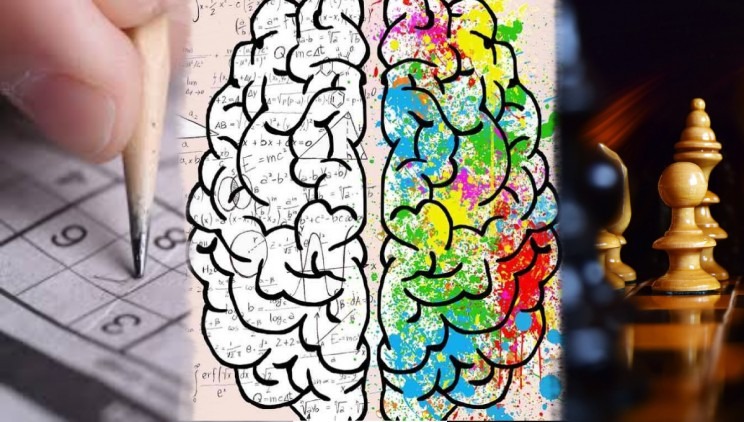Severe negative experiences of the past may leave you emotionally unstable. These events can reoccur in your mind, even as you grow older. But you can always seek the help of professional therapists to help you cope with past traumas.
The journey to a better life without past adverse events haunting your mind starts by knocking on the doors of a reliable therapist’s clinic. Here are four ways therapy can help you deal with the horrors of your past.
Acknowledge the Event

Individuals who experience trauma may try to escape from past horrific events but find it very difficult. Many people try to do this by forgetting about the adverse scenarios that took place, but the memories may stick to the mind for the long-term.
A mental health program supervised by a leading therapist will not attempt to eliminate those horror-filled memories from your head. Instead, it will help you be at peace with your inner self by accepting those memories.
The therapist can help you focus on the people and events that matter instead of letting your mind wander to past scenarios. It is also very important to let yourself be surrounded by people that you hold near-and-dear to your heart that will help you to recover much quicker.
Therapy can help you acknowledge past traumatic events. Not only that, but these therapeutic sessions can also help you move forward in life.
Mental Exercises
Mental exercises can become draining as maintaining focus might become a chore for individuals bearing traumatic experiences. Concentration is a must to battle and cope with trauma to help your mind deviate from past horrific events.
Therapy can help maintain your focus by letting you confront the reality of the situation. It would also be helpful to indulge your mental well-being in therapeutic sessions; seek the services of professional therapists so their help can aid you in coping with trauma.
The therapist may suggest doing mental health exercises to help you find inner peace, especially when there might be no one in the vicinity who can help you during panic attacks. These may involve practices from counting from zero to 100 to maintaining focus on your ideal happy place.
Achieving proper mental health care can be a challenging endeavor. Choose from different mental exercises like meditating, listening to therapeutic music, or watching comedic performances to help stimulate the brain to think happy thoughts. With enough of these, you can cloud the negativity of traumatic experiences from the mind with positive concepts. Over time, you can walk in public with your head held high as your battle with trauma comes to an end.
Overcome Low Self-Worth
One of the primary reasons for low self-worth is trauma. Adverse events like neglecting parents, disapproving teachers, excessive criticism, and school bullies are a few of the many examples you may have encountered that can leave scars in your psyche. These scenarios can lead to a life filled with psychological and emotional wounds.
Therapy helps you find the underlying cause of having low self-worth before it manifests its physical nature. Seek professional help to examine suggestions to help you heal and recover. Start your life from square one, but you’ll move forward with a new purpose.
Connect to a realistic view of yourself where toxicity from traumatic events has no home. The therapist’s assistance can help you release toxic insights from within to let you reclaim your self-confidence.
Incite Communication
You want to talk about trauma, but something inside you hinders you from speaking correctly. In the end, you might stammer and lose balance as you hide your face in shame.
Conversing with people who you trust can help diminish the pain from traumatic events. Keeping the adverse thoughts bottled up inside will cause more harm than good. If you can’t find a person to talk about your problems, a therapist can help you in that regard.
Your therapist will continue to give you meaningful words of encouragement while you do your best to talk about your past. After explaining your story, you should feel empowered knowing that you got through that hurdle successfully.
Conclusion
Therapy can help you or your loved one that’s suffering from past trauma. Seek the services of professional therapists to help you accept, cope, and move forward from thinking about horrific life events.
If you or someone you know experienced trauma, always remember that the journey to healing doesn’t need to be a solo mission. Seek help, and you can be on the path to a full recovery.






